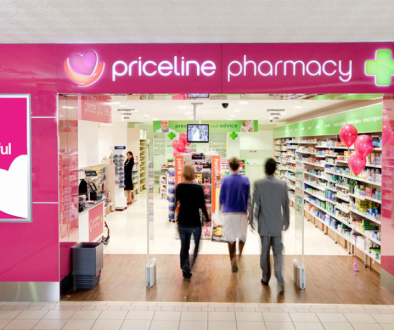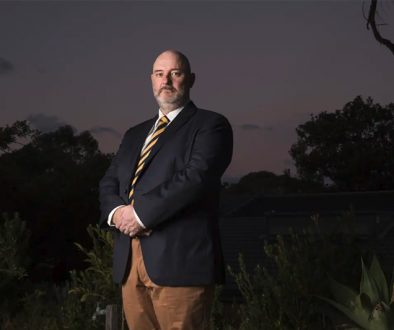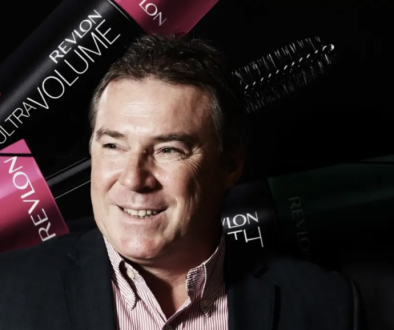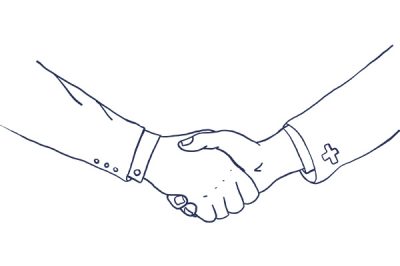
PHARMACIST BURNOUT: “PRETTY MUCH EVERYWHERE”
Below is extracted from the Australian Journal of Pharmacy.
I am concerned with the wellbeing of pharmacists who have a difficult and unique role to play at this time and believe that understanding and sharing their experiences will be of benefit, not only to our profession, but also more broadly,” said Ms Johnston.
“I’m looking at how COVID has affected pharmacists as people, and their wellbeing, in the context of their work.
“The impression I have is that people are being affected personally, more so than their usual work would affect them – and it’s important that we’re recognised in that way, that we’re humans being affected by it.”
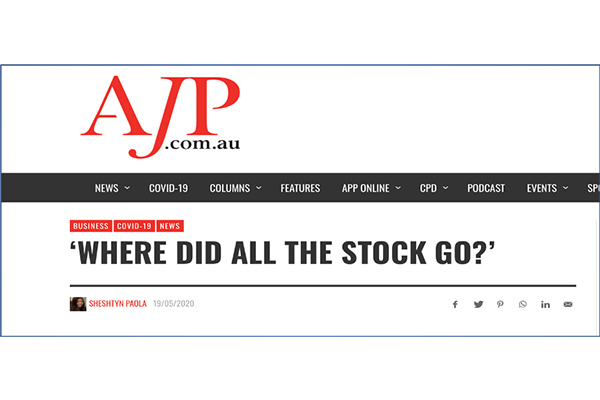
Burnout could feel like emotional exhaustion, she said: either empathasing extremely strongly with patients and becoming more and more unable to put the challenges of the workday behind one after the end of the day, or finding oneself unable to care, particularly when a pharmacist is normally very caring.
“Then there’s things like being physically exhausted, working long hours, not feeling healthy and feeling that if you leave now, something terrible’s going to happen… that takes away from family life, then you feel guilty about not being a good mum, a good pharmacist, a good wife.
“There can be a constant feeling of inadequacy and guilt over what you’re not doing, so there’s zero time for yourself.
“At the time, it felt like a labour of love: ‘I’ve got to do it, this is the way I give back to my community’. But if you’re not doing it well and doing your best because of burnout, you’re doing people a disservice.
“Sometimes we think we are being selfless by giving our all, but it ends up not looking like that.”
CLASS PR COMMENT:
Criticism of the class action’s timing is misguided. Pharmacists working around the clock to service their community deserve a fairer dispensation in their relationship with Priceline. From our conversations with pharmacists, it seems that Priceline’s “consistency” often comes at the pharmacists’ expense.

PHARMACIST BURNOUT: “PRETTY MUCH EVERYWHERE”
Below is extracted from the Australian Journal of Pharmacy.
I am concerned with the wellbeing of pharmacists who have a difficult and unique role to play at this time and believe that understanding and sharing their experiences will be of benefit, not only to our profession, but also more broadly,” said Ms Johnston.
“I’m looking at how COVID has affected pharmacists as people, and their wellbeing, in the context of their work.
“The impression I have is that people are being affected personally, more so than their usual work would affect them – and it’s important that we’re recognised in that way, that we’re humans being affected by it.”

Burnout could feel like emotional exhaustion, she said: either empathasing extremely strongly with patients and becoming more and more unable to put the challenges of the workday behind one after the end of the day, or finding oneself unable to care, particularly when a pharmacist is normally very caring.
“Then there’s things like being physically exhausted, working long hours, not feeling healthy and feeling that if you leave now, something terrible’s going to happen… that takes away from family life, then you feel guilty about not being a good mum, a good pharmacist, a good wife.
“There can be a constant feeling of inadequacy and guilt over what you’re not doing, so there’s zero time for yourself.
“At the time, it felt like a labour of love: ‘I’ve got to do it, this is the way I give back to my community’. But if you’re not doing it well and doing your best because of burnout, you’re doing people a disservice.
“Sometimes we think we are being selfless by giving our all, but it ends up not looking like that.”
CLASS PR COMMENT:
Criticism of the class action’s timing is misguided. Pharmacists working around the clock to service their community deserve a fairer dispensation in their relationship with Priceline. From our conversations with pharmacists, it seems that Priceline’s “consistency” often comes at the pharmacists’ expense.

